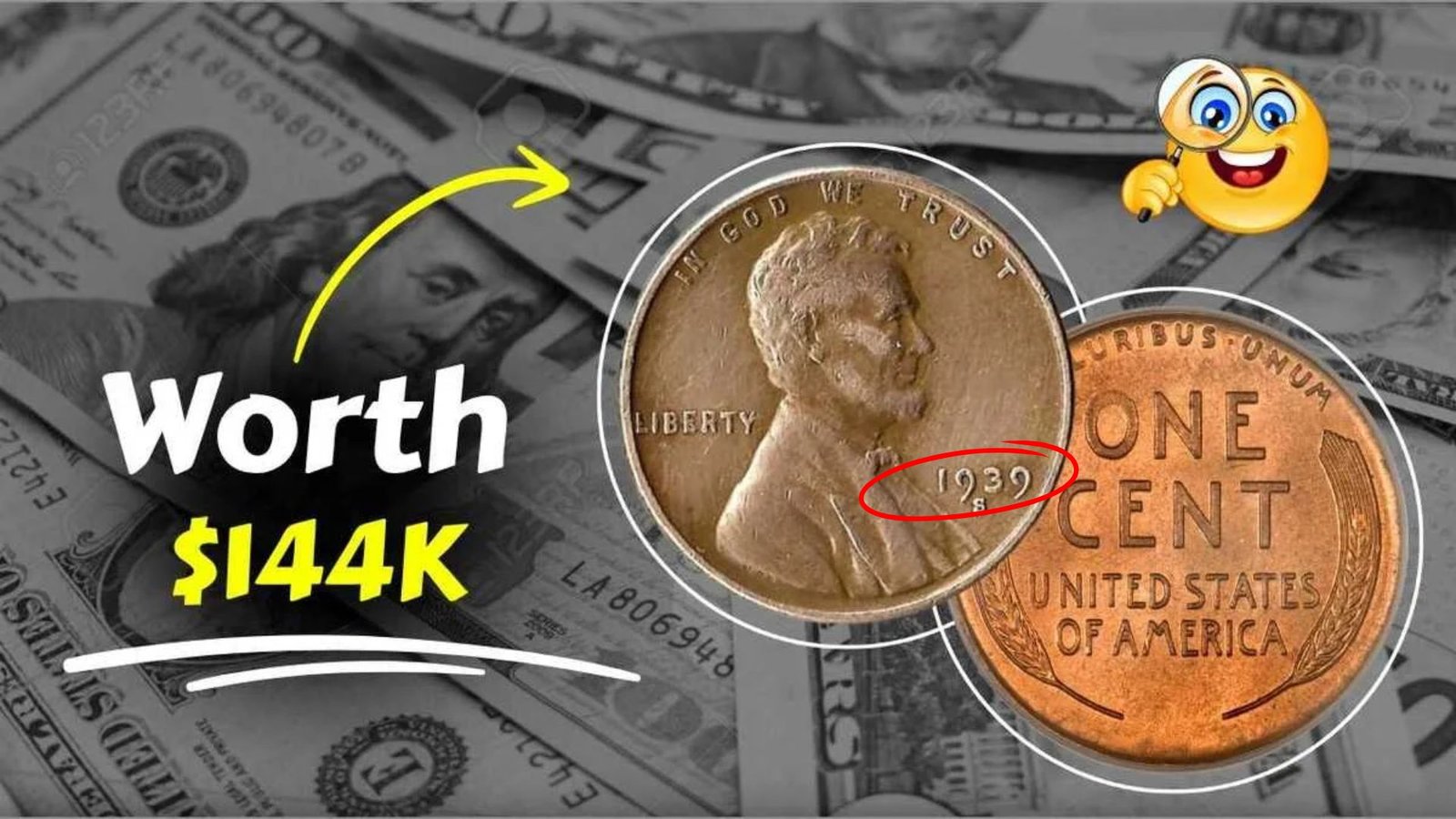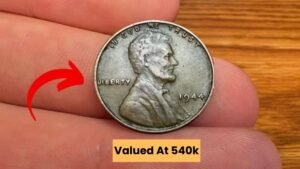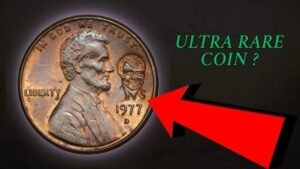Imagine digging through your grandma’s old coin jar and pulling out a dusty penny that could change your life. That’s the thrill of rare coins like the 1943 copper Lincoln Wheat Penny. Valued up to $144,000, this numismatic gem might still be hiding in circulation. Stick around to learn its story, spot one, and why collectors go wild for it.
What Is the 1943 Copper Lincoln Wheat Penny?
The Lincoln Wheat Penny is an iconic U.S. coin minted from 1909 to 1958. It features Abraham Lincoln’s profile on one side and wheat stalks on the reverse—hence the name.
But the 1943 version? That’s special. While most 1943 pennies were steel due to wartime shortages, a handful were accidentally struck in copper. These rare coins are the holy grail for numismatic enthusiasts.
Spot one by its reddish hue instead of silvery steel. If yours looks coppery and dated 1943, hold onto it!
A Quick History of the Lincoln Wheat Penny
Born in 1909 to honor Lincoln’s centennial, the Wheat Penny became a household staple. Victor David Brenner designed it, sparking debate over the initials on early versions.
World War II changed everything. Copper was needed for bullets, so the Mint switched to zinc-coated steel in 1943. Yet, a few copper planchets slipped in, creating these ultra-rare errors.
Only about 20 survive today, making them prized rare coins in the numismatic world.
Why This Rare Coin Is Worth a Fortune Today
Rarity drives value. With billions of steel 1943 pennies out there, the copper ones stand out like a diamond in gravel.
In today’s collector market, condition matters most. A gem example can fetch six figures. It’s not just money—owning one connects you to history and that “what if” excitement of rare coins.
Numismatists love how these pennies blend everyday nostalgia with big payouts.
How to Hunt for Your Own Rare Coins
Start simple: Raid your change jar or visit estate sales. Apps like CoinSnap can scan and ID coins fast.
Join online forums or local coin clubs to swap stories and tips. Selling? Get it graded by PCGS or NGC for top dollar.
Hunting rare coins like the Lincoln Wheat Penny turns pocket change into potential treasure. It’s a fun hobby that pays off—literally.
Notable Facts and Auction Records
Here’s a quick look at standout sales of rare Lincoln Wheat Pennies:
| Coin Variety | Auction Year | Sale Price | Notes |
|---|---|---|---|
| 1943-D Copper | 2010 | $1.7M | Record holder, near-mint state |
| 1943 Philadelphia Copper | 2022 | $144K | High-grade example |
| 1909-S VDB | 2018 | $168K | Famous early error |
| 1955 Doubled Die | 2009 | $125K | Obvious mint mistake |
Fun fact: Odds of finding a 1943 copper in circulation? About 1 in 7 million. Wild, right?
Expert Tips for Numismatic Newbies
Handle coins with cotton gloves to preserve value. Research mint marks—D for Denver, S for San Francisco.
Avoid cleaning; it hurts worth. Build a collection slowly, focusing on stories behind each piece.
Pro tip: Start with affordable Wheat Pennies to learn before chasing that $144K dream.
Frequently Asked Questions
How can I tell if my 1943 penny is copper?
Weigh it (copper is heavier) or check the color—red vs. gray steel.
Are all Lincoln Wheat Pennies valuable?
Most are worth face value, but errors like doubled dies boost them to hundreds or more.
Where to sell a rare coin?
Try Heritage Auctions or eBay, but get professional grading first.
Can fakes fool experts?
Yes, but certified ones from NGC/PCGS are safe bets.
Conclusion
In wrapping up, the 1943 copper Lincoln Wheat Penny proves rare coins can turn ordinary finds into numismatic legends worth $144K. Whether you’re a hobbyist or just curious, check your stash—you might have a winner. Share your coin tales below, and dive into more rare coin guides for endless adventure!




